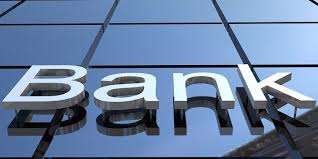As of March 2025, Nigeria’s broad money supply has surged to N114.22 trillion, countering the Central Bank of Nigeria’s (CBN) recent monetary policy tightening efforts from the previous quarter.
This information comes from the latest money and credit statistics released by the CBN for the first quarter of 2025.
The current figure marks a 24 percent increase compared to N92.19 trillion in March 2024, despite the CBN Monetary Policy Committee maintaining the Cash Reserve Ratio at 50 percent.
On a month-to-month basis, the money supply also grew by 3.2 percent from N110.71 trillion in February.
This increase is accompanied by a significant rise in net foreign assets, which climbed by 38.9 percent to N45.17 trillion, indicating stronger capital inflows potentially driven by revaluation gains.
In contrast, net domestic assets fell by 11.7 percent to N69.05 trillion, indicating tighter liquidity in the domestic financial system.
Despite attempts to curb inflation, which was at 24.23 percent in March, and to manage liquidity by implementing the highest Cash Reserve Ratio (CRR) globally, Nigeria’s monetary base continued to expand.
The increase in the broad money supply may be attributed to foreign asset holdings and government credit.
In the first quarter of the year, M3 increased by 2.8 percent, rising from N111.11 trillion in January to N114.22 trillion in March.
Data from the Central Bank of Nigeria (CBN) revealed that the amount of currency circulating outside the banking system reached N4.6 trillion in March, out of a total currency circulation of N5 trillion.
This means that 91.9 percent of all cash in the economy was held outside of banks.
Additionally, this represents a 26.7 percent increase compared to the N3.63 trillion held outside banks in March 2024, when the total currency in circulation was N3 trillion.
The demand for cash has consistently risen during the first quarter of 2025. In January, the amount of cash outside banks reached N4.74 trillion, accounting for 90.5 percent of the total, while February saw this figure at N4.52 trillion, representing 89.6 percent of the total.










